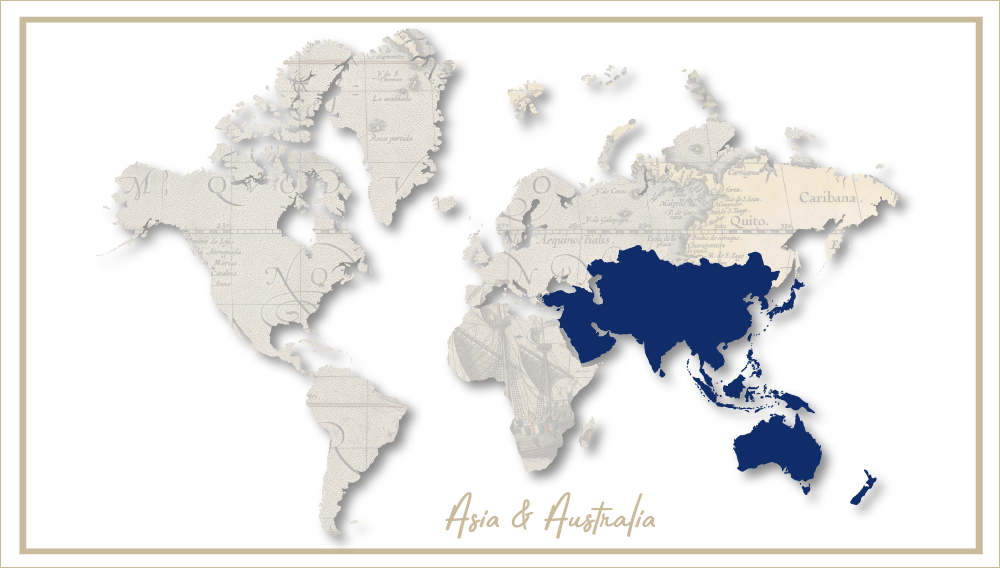Coca-Cola launches its first alcopop
At the end of May 2018, Coca-Cola launched its first alcoholic drink, Lemon-Do, which is, as the name suggests, a lemon flavoured alcopop. Coke calls the fizzy drink “unique” in the company’s 125-year history because it contains alcohol. The three Lemon-Do alcopops range in alcohol content from three to seven percent. Packaged in cans, they aim at a growing market of younger drinkers, especially women.
Obviously, the alcopops are modelled on the country’s popular Chu-Hi drinks, usually a mix of local spirit and a range of fruit flavours with a high alcohol content of around ten percent.
Chu-Hi (an abbreviation for shochu highball) has been marketed as an alternative to beer, proving especially popular with female consumers. Japanese companies like Suntory, Asahi and Kirin currently dominate the canned Chu-Hi segment, estimated to grow seven percent in 2018 to 1.13 million kilolitres (11.3 million hl). Suntory Spirits and Kirin, the top two producers, control about 70 percent of the segment between them, it was reported.
In an effort to pre-empt protests by the health commissars, Coke was quick to assert that there are no plans to bring the new drinks range to markets outside Japan. Coca-Cola Japan rolls out 100 new products a year, on average.
Alcopops boomed in continental Europe, the UK and in Australia in the 1990s with the likes of Smirnoff Ice, Bacardi Breezer, Two Dogs and Sub Zero, becoming hugely popular. But they were also controversial, raising concerns that they would encourage young people to drink them because of their soft drink-like taste. Eventually, most governments taxed them into insignificance … and they were reborn as flavoured ciders.

